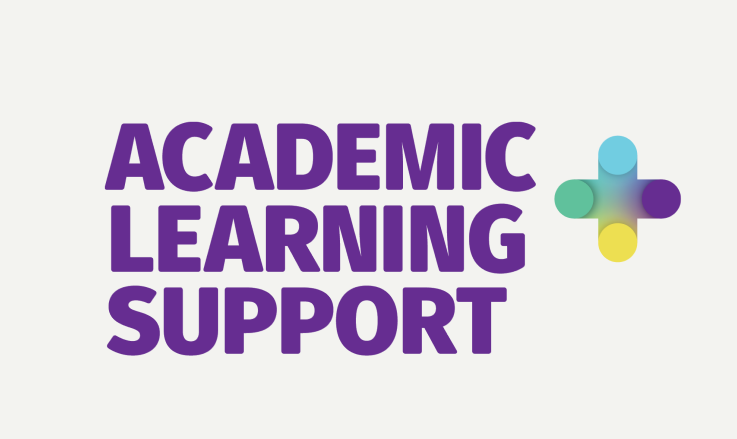Understanding different types of exams
Multiple Choice
- Read the question before you look at the answers.
- Try to supply your own answer before reading the choices provided.
- Accept the question at face value - don’t read anything in to it or assume that it is a ‘trick’ question.
- Do not keep changing your answer, usually your first choice is the right one – unless you misread the question.
- Completely fill in the answer space
- Completely erase any errors or stray marks
- Do not mark two answers as it will be marked incorrect
- Record the answer in its properly numbered space
- Do the easy questions first
- Mark or highlight questions that you want to reconsider
- Guess only if there is no penalty for doing so
- Check the paper at the end
- Create a memory aid, if these are permitted in your exam.
Essay/short answer exams
Essay and short answer exams are designed to test your ability to synthesise information and to organise your thoughts on paper.
TIPS:
- be familiar with the terminology used in essay exam questions.
- Take time to read the paper thoroughly.
- Make sure you time yourself on each question – keep to the time you allocated.
- Write an essay plan to keep your thoughts coherent and organised. This plan does not need to be as detailed as for an assessment task.
- Always write the question number at the top of the page.
- Always give your answer in short answer and essay questions in the first sentence by using the wording of the question.

Structure your essay to include:
An introduction – explicitly state your answer and the organisation of the essay

Body paragraphs
- Include supporting material and appropriate details for your answer.
- Structure the body of the essay as you indicated in your introduction.
- Use transitions to tie your ideas together.
- Go back and reread the question, refer to your plan and introduction if you are beginning to ramble.
The conclusion
– re-answer the question and refer briefly to the main points in the body.

Tips
- Leave space in between answers in case you have time to add any information you didn’t include in your essay.
- If you run out of time answer in point form. Markers will often give you some marks for this.
- If you have time at the end of the exam proof read your essay but remember that allowance has been made for the “lack of polish” in an essay exam.
- If you know the question, write a brief essay plan on a memory aid, if these are permitted in your exam.

